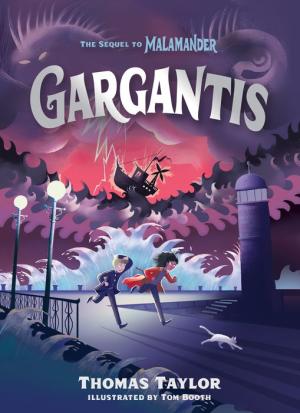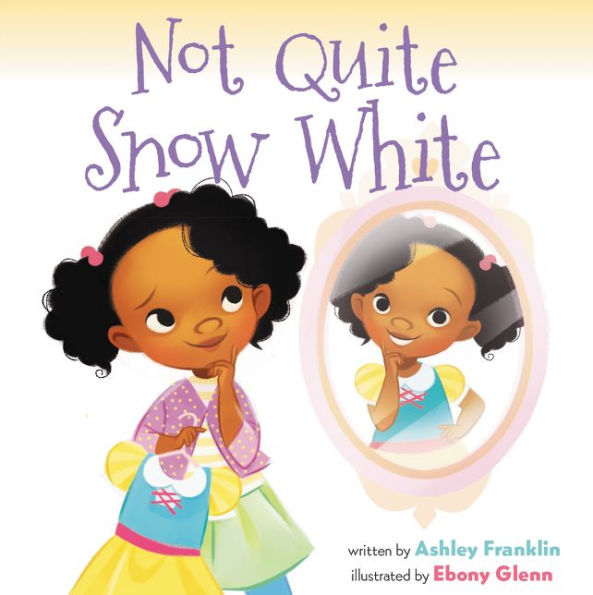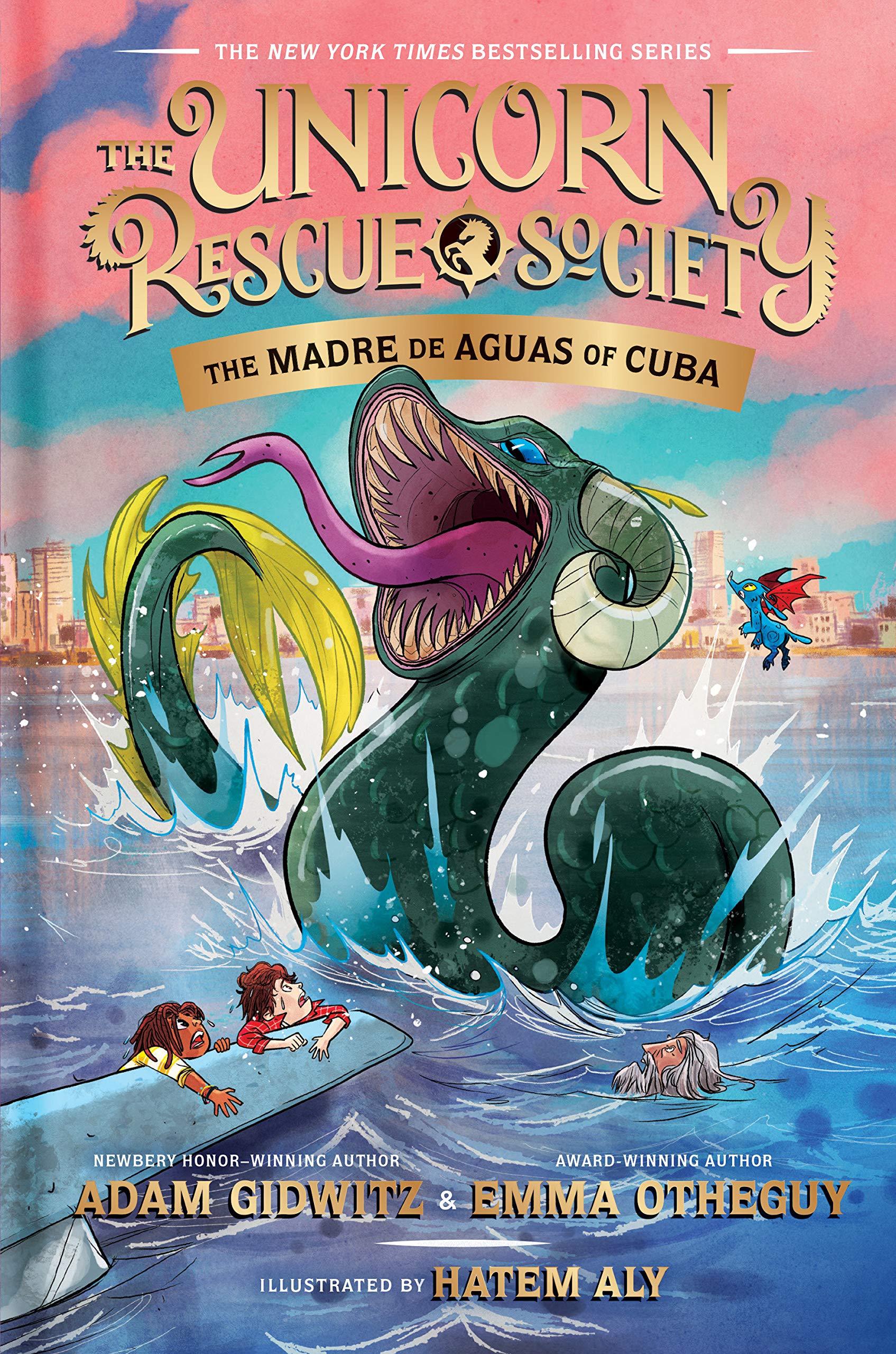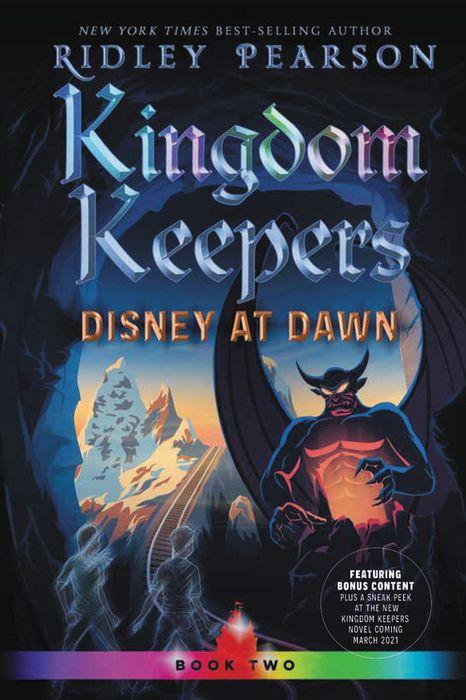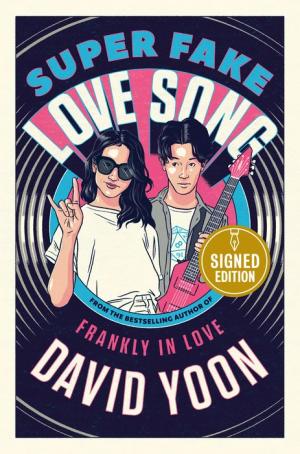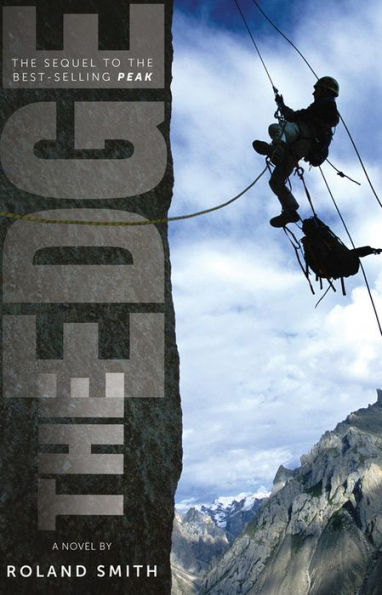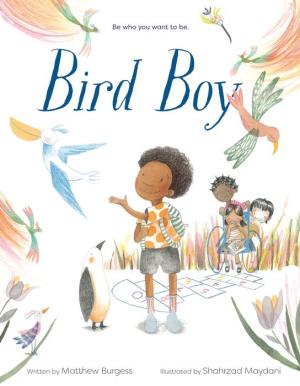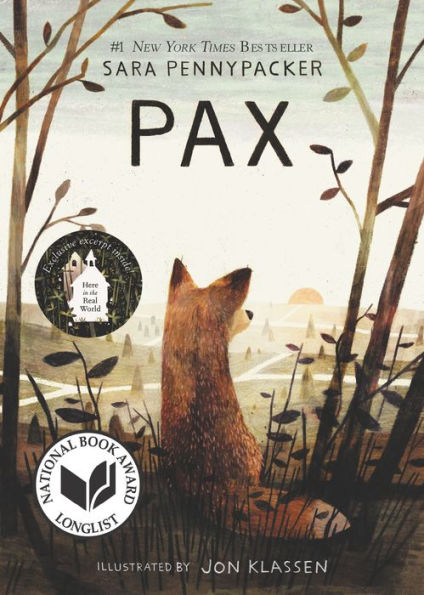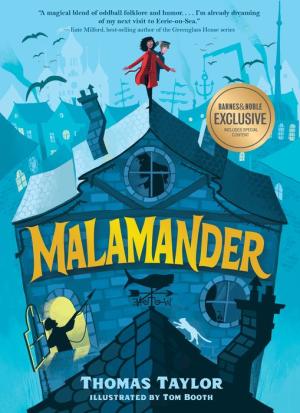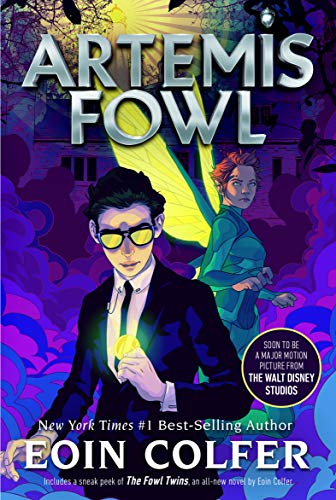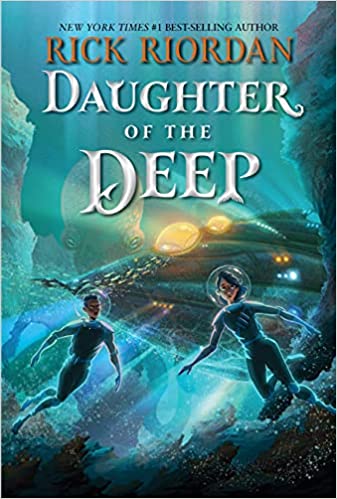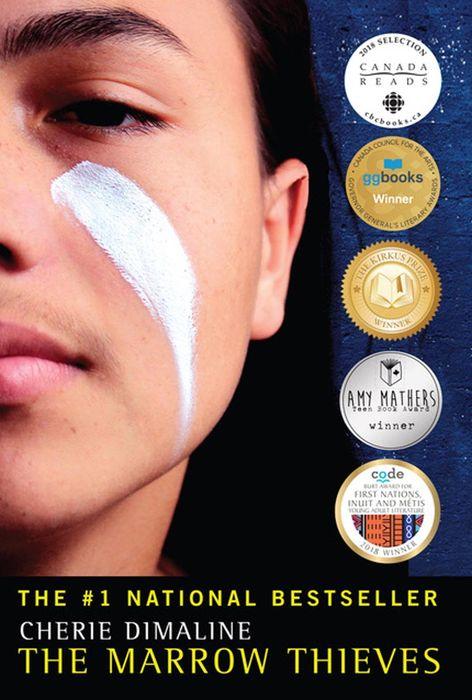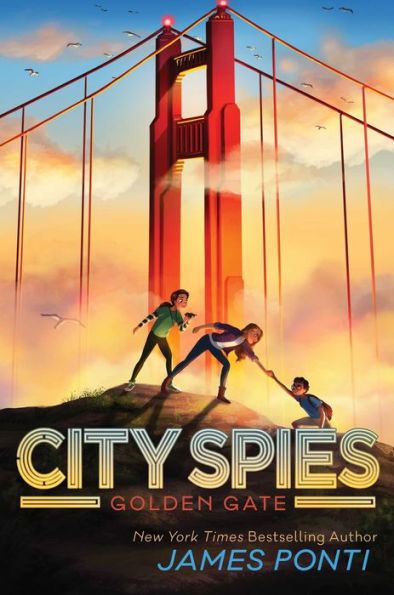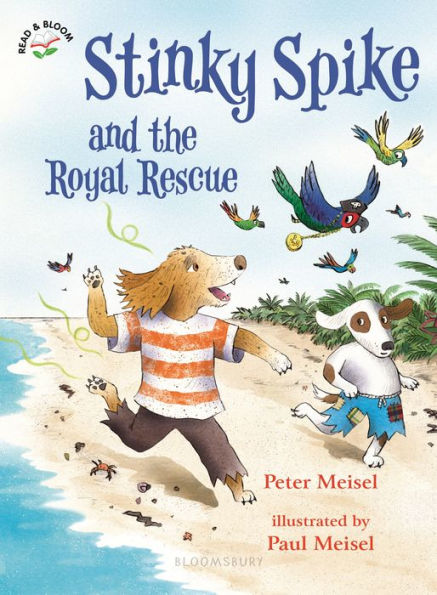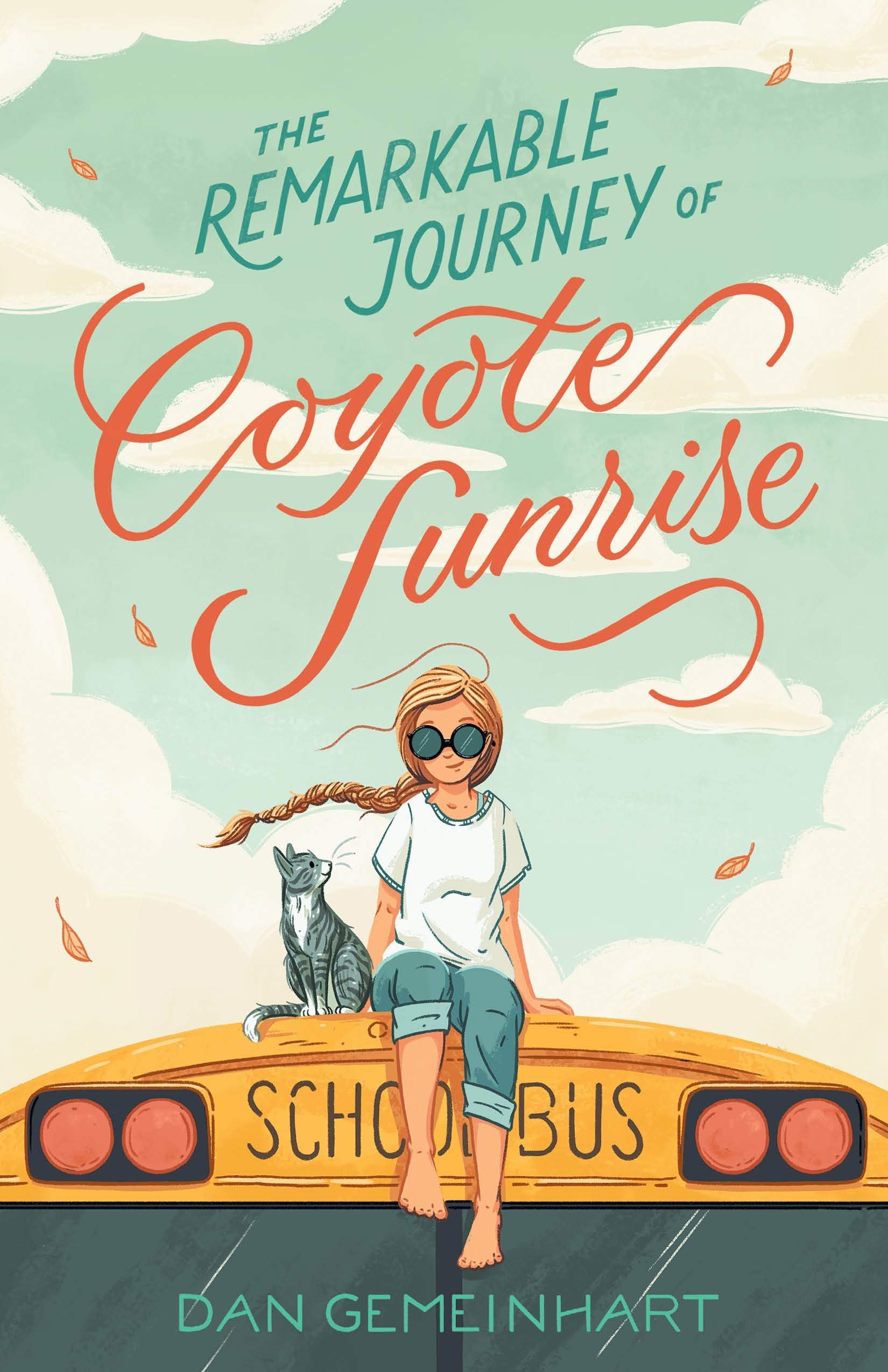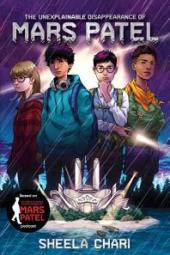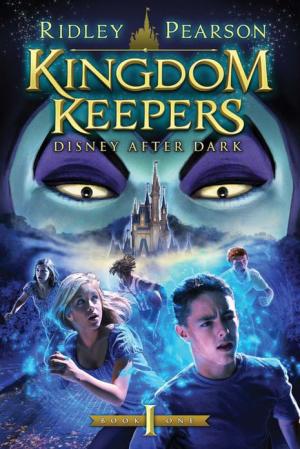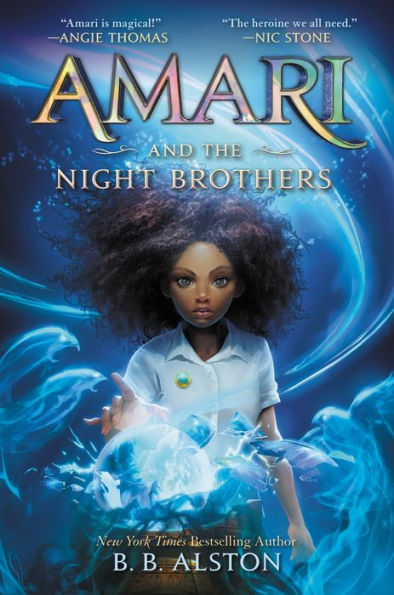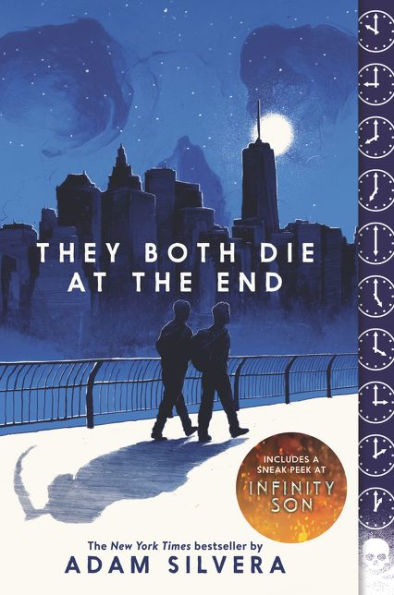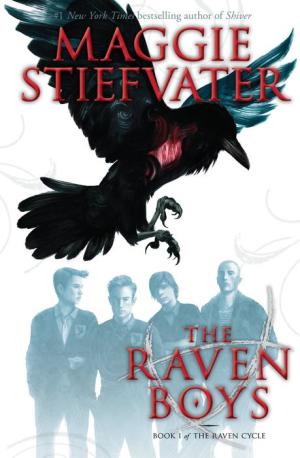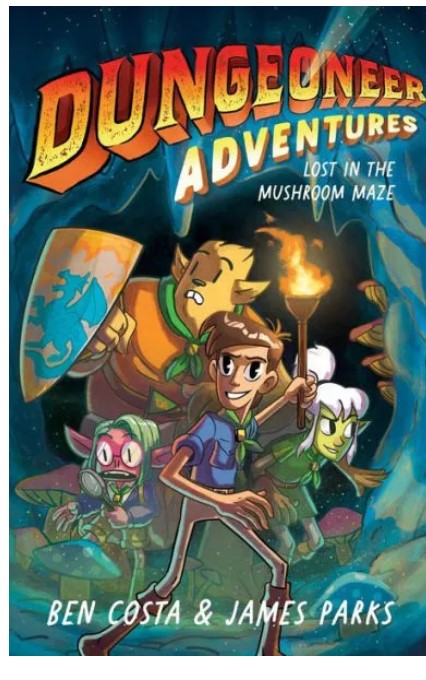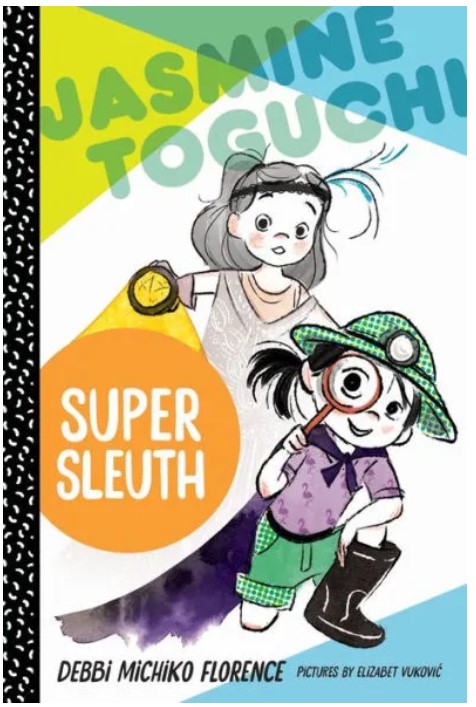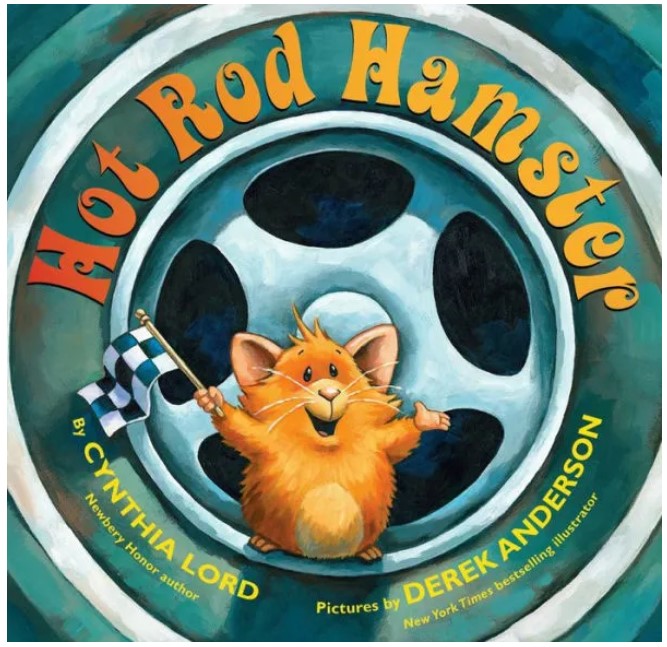Herbie Lemon and Violet Parma team up once again to solve another Lost-and-Foundery mystery. This time, the outcome of the case has implications on the entire island. Eerie-on-Sea is under attack as a violent storm, nicknamed Gargantis, tears through town, destroying buildings and causing stormquakes (earthquakes caused by the storm).
Amid the chaos, another case presents itself to Herbie. Mrs. Fossil has found a mysterious bottle on the beach. It seems to move on its own and has indecipherable ancient writing on its side. Everyone claims to be the bottle’s rightful owner. Dr. Thalassi and Mrs. Fossil want it for their respective collections. The town’s fishermen say it is theirs due to the presence of their own ancient language on the side. However, a frightening man in a hood makes it clear that he wants the bottle more than anyone and he is willing to sacrifice everyone in Eerie-on-Sea to get it.
Some want to discover what the writing on the bottle means, what fairy-like creature is living inside, and why the man in the hood wants it so badly. They seek the help of Blaze Westerley, a young, outcasted fisherman. Blaze’s uncle was recently lost at sea while investigating the ancient legends of the Eerie fishermen. Soon, Herbie and Violet realize the legends may be more relevant to the case than they initially believed. In fact, if they can crack the case of the fish-shaped bottle, they may be able to save Eerie rock from the terrible Gargantis.
Gargantis shows off the charming relationship between Herbie and Violet as they take on the town’s adults. Blaze Westerley is a welcome addition as he diversifies the group. Blaze is a little unsure of himself, but confident in his uncle’s mission. He, too, is a bit of a “lost thing” like Violet and Herbie were before him. The trio works well together, and each person has skills and knowledge that contribute to solving the mystery.
The book dives a bit deeper into Herbie’s backstory. He must reconcile his fear of the sea with his love of finding homes for lost things. Since the bottle came from the ocean and most of the people who want it are fishermen, Herbie spends a lot of time doing things that scare him, such as being on boats far away from shore. Herbie’s experiences develop the theme that sometimes we must do what scares us in order to help ourselves and others.
The story also highlights how a new perspective can bring the truth to light. Without Blaze’s input or Violet’s seemingly “bonkers” ideas, the mystery would not have been solved. Taylor also applies this idea to Herbie’s book from the mermonkey. Herbie believes that the cover of the book is a message that he will meet his end at the bottom of the sea. However, he never reads the contents, which say something different. In the end, the townspeople gather and give their own interpretation of the cover, none of which end with Herbie drowning. The book, therefore, reinforces the importance of perspective and the value of individuality.
The fast-paced book introduces new characters and interweaving plotlines. For this reason, it is recommended that readers not read Gargantis as a standalone. In addition, the resolution may fall flat for those who did not read the first book, Malamander. Black and white illustrations bring some added visualization to some of the scenes. Plus, the characters are just as charming and quirky as before. If readers enjoyed Malamander, they are likely to enjoy Herbie and Violet’s deep dive into the ancient fishermen’s legends.
Sexual Content
- None
Violence
- A mechanical shell attacks Violet and Herbie. Herbie fends it off by throwing “the bucket at [it], knocking it to the ground.” Violet “wrestles with it” trying to get it to stop.
- Violet tells Herbie that the fishermen cannot fish in the storm. She explains, “The one motorboat that tried got its engine exploded by lightning.” She then says, “One fisherman has drowned already.”
- Amid the argument, Herbie fears “some sort of riot is about to break out in the hotel.”
- Herbie narrates that when Lady Kraken, the owner of the hotel, slaps him “on the back. It feels like being hit with a sock full of dry twigs.”
- Violet shows Herbie an image in a book that depicts a large creature who “uses its giant flippers to smash the town to pieces, while lots of little medieval people run away screaming.”
- The book Herbie receives from the mermonkey, a prophetic machination who gives customers a book, has a picture that shows “tiny figures of men and women and children writhe and twist as they sink down, down, down to the depths.” Herbie thinks this describes his fate as well as his unknown family’s. The cover also shows these bodies being received by “the white tentacles, feelers, and claws of the abyssal horrors that lurk at the cold, dark bottom of the sea.”
- The clockwork crab makes “steel blades slide out from each of [its] four raised arms.” It aims for Herbie. Herbie wonders if there is a rule for his profession about smashing “a lost object to smithereens if it tries to pinch your stuff and then attacks you with swords.” When the clockwork crab attacks, “Herbie experiences a sudden flash of pain” and then a thin line of blood runs down the back of his hand.” Herbie gives “the blasted thing an almighty kick up the trumpet” and knows “with certainty that something has broken” after hearing it land with a “PANG!”
- Herbie keeps a sprightning, a fairy-like creature that can produce lightning, under his cap. He feels “a small explosion” at one point, followed by “smoke and the unmistakable stench of singed hair.”
- Without a word, the man in the deep hood, nicknamed Deep Hood, threatens Mr. Mollusc, Herbie’s boss. He merely shows him what is under the hood, which is enough to make Mr. Mollusc go “so white he’s almost see-through” and agree to the Deep Hood’s terms.
- When faced with two difficult possibilities, Herbie outlines his choices. He says he can either “get on the boat — despite the mermonkey’s warning — and run the risk of a watery end on the cold, dark bottom of the sea, or don’t get on the boat, and face the certainty of being nabbed by a bunch of angry fishermen with ropes and knives.” He chooses the boat.
- Blaze explains that his uncle was once “swept overboard and swallowed into the swirling mouth of the Vortiss,” a whirlpool in the ocean, but he survived. His uncle told his fellow fishermen that he saw “the wrecks of all the ships the Vortiss has gobbled up over hundreds of years. And the skeletons of all the men who were gobbled with them, too.”
- Blaze explains that his uncle wanted to return to Vortiss to investigate, so he took Deep Hood with him. However, they began to argue. Blaze remembers that his “Uncle had his ax out.” Then, Deep Hood threw something like a bomb. Blaze was “thrown to the deck.” That was the last he saw of his uncle, as the rope connecting the two men to the ship was “cut clean through.”
- Blaze sees Deep Hood and blames him for his uncle’s fate. Blaze then “leaps forward, the wrench raised like a club.” Deep Hood uses his tentacle to ward the boy off, “smashing Blaze in the face.”
- Herbie’s sprightning makes his cap explode, shocking Deep Hood’s hand, and causing Deep Hood to be “hurled backward.”
- When a fisherman, named Lanky Beard, questions Deep Hood’s intentions, Deep Hood’s tentacle “shoots out and strikes Lanky Beard in the face.” It then “[grabs] his beard and [yanks] his head down onto a tabletop.” Finally, the tentacle punches the man’s feet out from under him, causing him to go “down with a sickening crunch, and [stay] down.”
- Deep Hood is the clockwork crab’s master. He becomes disappointed in it and “kicks the shell… a strong, cruel kick, designed to punish.” Soon other fishermen join in, kicking the shell around in what Herbie describes as a “spiteful game.”
- The sprightning defends Herbie and Violet by shooting lightning at a fisherman. “The man is thrown off his feet as electricity scorches the moldy wallpaper right down the corridor.”
- When trying to leave the pub, Deep Hood’s tentacle yanks Violet back. Herbie frees her when he “takes the door in both hands and slams it shut with all [his] force on the tentacle,” which is followed by a “sickening, rubbery crunch—and a roar of pain from Deep Hood.”
- The sprightning uses its lightning on Mr. Mollusc, sending it “crackling up Mr. Mollusc’s arm and down into his trousers.” This causes him to “go stiff as a board and fall over backward in a puff of smoke.”
- Deep Hood discovers Herbie and Violet eavesdropping. Herbie sees “Violet’s terrified face as the tentacle shoves her into the open sarcophagus and slams the lid shut.” Herbie also says, “I remember the smashing of glass in the tower as I was pulled out a window and carried away into the night.” He does not remember anything other than that, as he assumes he has been “knocked out.”
- The fishermen use a rope to restrain Herbie. Herbie narrates, “It’s pulled tight, trapping my arms, and I’m jerked off my feet and out through the metal door.”
- The fishermen and Deep Hood launch their first attack on Gargantis, using Herbie as bait. Herbie sees the weapons the fishermen and Deep Hood plan to use on Gargantis. It is a gun, “the type once used to hunt whales” with spears as projectiles that have bombs attached. The fishermen fire multiple times at Gargantis. The fishermen continue to attack the creature and use Herbie and the sprightning as bait. Herbie describes that the boat is “struck violently,” but everyone aboard is unharmed. Herbie sees that the fishermen are now armed with “axes and spears.” Herbie observes as “Gargantis attacks” the fishermen’s boat. Herbie thinks that by now all the fishermen are “down to the ocean floor.” It is later discovered that they all survived. This first attack takes place over 22 pages.
- Herbie, Violet, and Blaze come across a swarm of sprightnings that singe Violet’s hair.
- Later, Deep Hood attacks Gargantis again. Herbie sees the spear land “in the neck, embedding itself deep,” followed by “a sickening ball of fire that bursts out of the storm fish’s mouth” when the bomb explodes. Gargantis “writhes and twists, shrieking with pain and spouting flame.” This wound is nearly fatal to the monster, and the characters believe she is dead.
- In response to Gargantis’s injury, the sprightnings “swarm around the iron fishing boat, darting and zapping at the fishermen and running in hot angry arcs across its surface.” The sprightnings’ electricity causes an explosion that results in the loss of the power engines, leaving the fishermen victim to the whirlpool, Vortiss. This second attack takes place over two pages.
- When both the sprightning and Gargantis are close to death, Deep Hood launches another attack. Deep Hood explains that he wants Gargantis’s “carcass” for his potion. The Westerleys and Deep Hood grow increasingly angry with each other. Deep Hood calls Blaze to fight. Deep Hood “punches Squint in the face” and throws an ax at Herbie and Violet, but misses. In the final moments of this encounter, Gargantis returns, and Deep Hood is swallowed by her. This final attack takes place over six pages.
- Squint tells the story of what happened on the day he was pulled into Vortiss. He remembers that Eels “threw the bomb . . . at his boat.” That act made Squint realize that Eels “wanted to kill us, so that no one else would know he was here, or how to find the Vortiss”. Later Eels “threw another bomb, right at Gancy’s head” and “seemed desperate to kill her before she could wake.”
- Herbie identifies the remains of Saint Dismal by the features of the skeleton. He sees that, “On the chin of the skull, attached to scraps of mummified skin, is a long dangling beard that reaches all the way to his bony toes.”
Drugs and Alcohol
- The fishermen frequent a pub in which they drink “pints of Clammy Dodger.”
- Blaze says his uncle was “brought . . . back to life with brandy and a slap.”
- Herbie describes that in winter, it is normal to see the fishermen at the pub drinking beer and smoking pipes.
- Violet refers to some “drunken sailors.”
- Lady Kraken has a “long-stemmed glass with a little golden wine inside.”
- Dr. Thalassi “prescribed [Lady Kraken] an ointment” for her tentacle growth.
- Herbie explains how the fishermen’s behavior at the pub changes when the tourists leave for the colder season. He says, “Pipes are smoked once more as sea songs are sung and beer is spilled and fights erupt, and Boadicea Bates presides over it all.”
Language
- Some of the characters are called ridiculous, crazy, annoying, a fool, and other similar terms.
- Fishermen often say phrases like, “Bless his Beard,” and, “By Dismal’s beard.”
- Herbie wants to know why Deep Hood “[had] to be so creepy about” turning in a lost object.
- Herbie references Deep Hood to Mollusc, calling him one of “the strangest ones.”
- Herbie thinks only “weirdos and crackpots” would visit Eerie-on-Sea in the winter.
- Herbie mentally refers to the clockwork crab as a “stupid shell.”
- Mollusc tells Dr. Thalassi to “take this frightful object away,” which turns out to be Mrs. Fossil caught in a net. He later calls her a “scruffy person.”
- Lady Kraken calls Herbie a “dunderbrain.”
- Herbie mishears Lady Kraken when she is brushing her teeth. She says she has yet to “[brush her] backside…the backside of [her] toosh.” She means to say tooth, but due to the foam in her mouth, the joke refers to her bottom.
- The phrases “how on earth” and “bladderwracks” are used as exclamations.
- Herbie occasionally uses the word “blasted” as a descriptor for frustrating objects.
- Herbie’s narration calls Deep Hood the “awful man.”
- Mrs. Fossil refers to Sebastian Eels as, “That rotter.”
- Herbie sees a fisherman outside of the bathroom “doing up his fly.”
- Deep Hood calls Blaze “dim-witted.”
Supernatural
- Herbie encounters a clockwork crab, a machine that looks like a hermit crab. The crab seems to act autonomously. Herbie says, “I don’t see how a clockwork hermit crab, no matter how complex, can want things for itself.”
- The book’s plot centers around the legend of Gargantis, a sea storm monster that travels through both the sky and water. The saying goes, “Gargantis sleeps, Eerie keeps . . . Gargantis wakes, Eerie quakes and falls into the sea.” Herbie describes the storm as “a vast creature—with the head of an anglerfish and dozens of fins along its sinewy body.” It also “is wreathed in storm clouds and lightning that seems to pour off its fins.”
- The book revisits the mermonkey contraption from the first installment. The machine picks a book that it feels the customer needs to read. Herbie explains that “some people have only to touch the hat in the creature’s hand to set off the mechanism and be dispensed a book.”
- The characters encounter a “fish-shaped bottle.” Within the bottle is a creature called a sprightning. The sprightnings are fairy-like creatures who can produce lightning, glow, and fly. Herbie sees that “two electrical arcs flicker out from the figure’s back, forming shapes that look for all the world like wings.”
- When someone mentions the word “dismal,” “the storm spews lightning and thunder once more.” Herbie thinks the weather is “conjured by these words.”
- Erwin, the cat, speaks again.
- Deep Hood has a pink tentacle that he uses to attack his enemies. Deep Hood seems to have a supernatural sense of smell.
- Lady Kraken is given a gold tincture made from the flesh of Gargantis that heals her incurable legs. Herbie watches as the “golden liquid . . . turns purple and strange.” She drinks it and temporarily can walk.
- After the language Eerie script is decoded, Violet discovers the remainder of the saying regarding Gargantis and Eerie Rock. It continues, “Gargantis dies, Eerie dies, and all falls into the sea.” It turns out that Gargantis has “been holding [Eerie Rock] up all these years” and that Eerie’s stormquakes have been the result of Gargantis leaving her cavern to try to find her lost sprightning.
- The sprightnings have the ability to “signal” to Gargantis to help their queen get back to them.
- Squint explains the relationship between Gargantis and the queen sprightning. “The sprightning gives light to the storm fish, and Gargantis gives the sprightning electrical power in return, so she can breed her swarm. They bind forever and should never be separated for long.” They must reunite the two creatures to save their lives.
- Once Deep Hood is revealed as Sebastian Eels, he shares that the tincture he offered to Lady Kraken allowed him to regrow the hand he lost in the previous book.
- Eels has “dozens of little pink feelers” that “clutch at his lips and gums.” He also has gills.
- Herbie narrates, “There’s a rushing sound as air is drawn into [Gargantis’s] mouth, and I sense her long body inflating and filling the cave beneath Eerie Rock completely.” She returns to her post holding Eerie Rock up.
Spiritual Content
- The story refers to the legend of Saint Dismal, an Eerie-specific tale of the island’s “first Fisherman.” He is the “patron saint of calamitous weather and first fisherman of Eerie-on-Sea.” He is portrayed as having a “strange and holy light over his head,” which eventually is revealed to be a sprightning. They call this his “Gargantic Light.”
- Violet reads that the people believed the sprightning to be a “miracle” because it was accompanied by an abundant catch of fish. In addition, the fishermen often use the phrase, “Bless his beard” in reference to their saint.
- When Erwin, the cat, turns counterclockwise three times, the fishermen believe that a “bad omen” is upon them. The saying goes, “When Eerie cat turns widdershins thrice, ’tis dreary luck for men and mice.”
- The fishermen are “extremely superstitious. When Herbie asks why the fishermen did not try to stop Erwin from turning, Violet says, “He who touches Bad Luck Cat will nary catch a cod nor sprat!”
- Blaze explains that the whirlpool Vortiss is said to be “the place where storms are born” and has “strange lights and treacherous winds.” He also says that Saint Dismal talked of an “underwater world beneath Eerie Rock, where lie the wrecks of all the ships the Vortiss has gobbled up over hundreds of years.”
- Gargantis is “a storm fish from the lost tales of creation” and “a creature from the beginning of the world, who should endure till its end.”
by Jennaly Nolan
